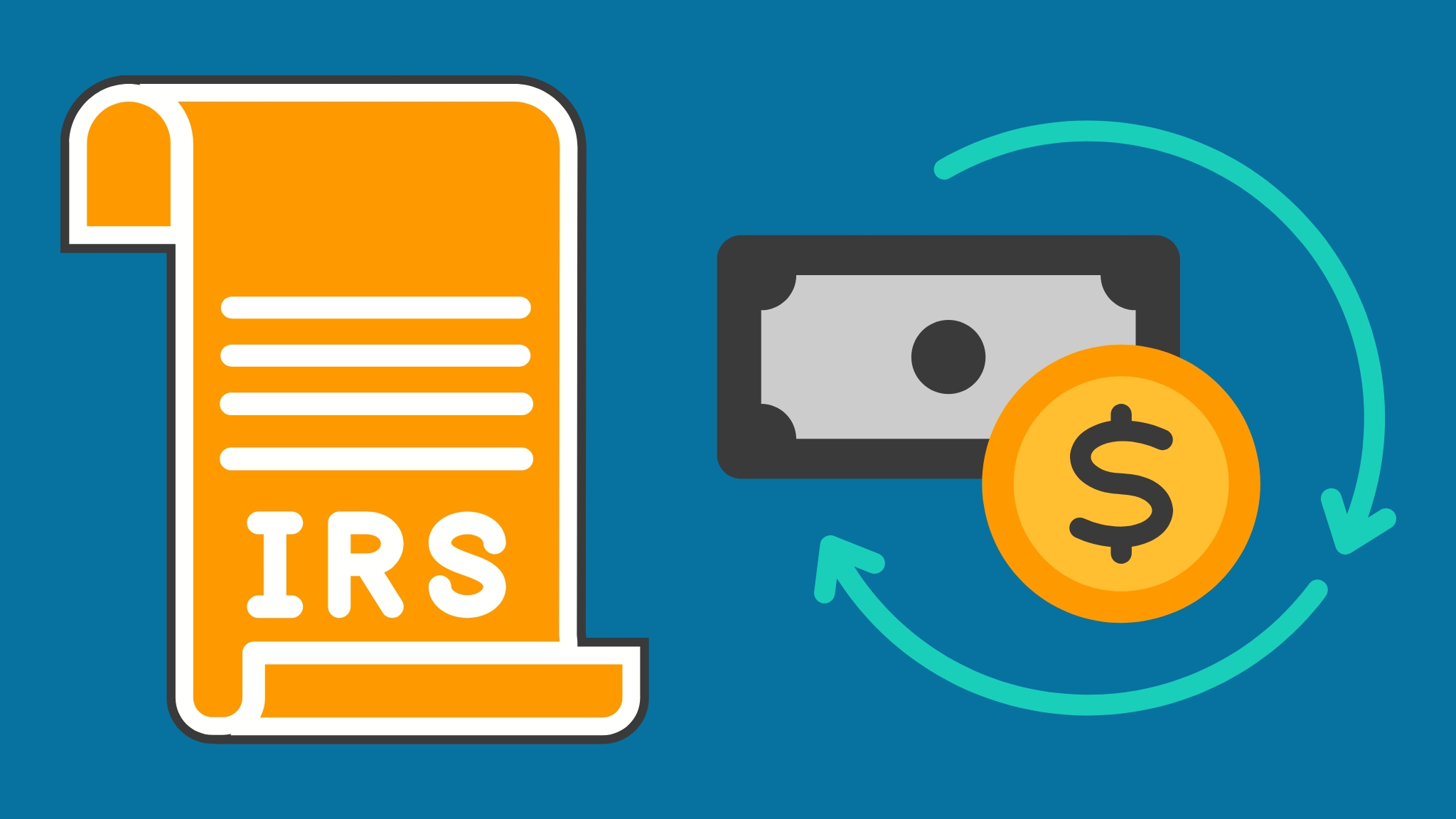Back to Basics: ERC, IRS Collections, and You Published May 29, 2024

In a webinar hosted by Tax Guard earlier this year, experts Rachel Libowitz, Senior Tax Advisor, and Jessica Bramlett, former Director of Customer Success, provided in-depth analysis and guidance on the complexities surrounding IRS collections and tax liabilities, and how they impact lenders and businesses.
Here’s a quick recap!
IRS Enforcement Actions Are Back
As the IRS resumes enforcement collections in 2024, businesses and lenders are navigating a new era of tax compliance challenges. This shift marks a significant departure from pandemic-era leniency, with the IRS actively pursuing collections again.
During the peak of the pandemic and the ensuing economic downturn, several tax relief initiatives were introduced to mitigate the financial confusion, including Social Security tax deferral and the Employee Retention Credit (ERC). While initially offering respite, these programs have led to more chaos and potential financial woes for businesses. Re-energized repayment enforcement after a lapse in collections has complicated the business and lender relationship.
Federal Tax Liens and Levies
When discussing collections, it’s important to distinguish between federal tax liens and levies. Understanding the separation between the two is crucial, as levies can directly impede a lender’s ability to recover advances, underscoring the need for proactive risk management strategies in anticipation of IRS actions.
A levy acts like a seizure, where the IRS directly takes assets to satisfy a tax liability. The most common assets targeted by levies are accounts receivable and bank accounts. This direct intervention by the IRS can significantly disrupt the normal flow of business transactions. For example, in a typical funding scenario, a business might complete work, invoice its customer (the debtor), and then present this invoice to the lender, who advances funds using the accounts receivable as collateral. Normally, the debtor repays the lender within a set period, such as 30 days.
However, when a federal tax liability arises, the IRS can intervene. It has the authority to instruct the debtor to redirect payments owed to the business directly to the IRS, bypassing both the business and the lender. This action effectively seizes the funds the lender anticipated recouping through its advances, leaving the business in a precarious financial position and significantly impacting its cash flow.
In contrast to the immediacy of a levy, a federal tax lien serves as a public notice to third parties of the government’s secured interest in a property. While it does not result in the direct seizure of assets, it establishes the IRS’s priority over other creditors, potentially complicating the lender’s position. A tax lien notifies other creditors that the IRS has a claim against all or certain taxpayer assets, which can affect the lender’s ability to recover funds or secure additional collateral from the borrower.
Mitigating Risks with Tax Guard
Our approach is methodically designed to safeguard both the lender and the businesses they support, encapsulated within a two-step process that addresses the complexities of IRS involvement. The first crucial step involves securing an installment agreement with the IRS. This agreement protects the business’s bank accounts and accounts receivable, ensuring that the IRS does not levy these assets. Such an arrangement covers the business’s operational continuity and safeguards the lender’s investments.
The second step focuses on securing a subordination of the federal tax lien. This pivotal action restores the lender’s priority over the IRS, allowing continued funding operations in the first position, free from IRS interference. It’s important to highlight that a well-maintained installment agreement is a fundamental prerequisite for achieving subordination. This strategic approach emphasizes Tax Guard’s commitment to maintaining a stable funding environment for lenders, mitigating the risk of IRS intervention, and enabling businesses to thrive even in the face of tax liabilities.
It’s About Being Prepared
By leveraging Tax Guard’s services early, lenders can identify potential issues before they evolve into significant liabilities or enforcement actions, mitigating risks while preserving client relationships. As the IRS intensifies its enforcement efforts, staying informed and prepared is paramount for lenders and businesses aiming to navigate tax compliance and liabilities successfully.
By uncovering hidden federal tax debt, monitoring cash flow issues, preventing fraud, and resolving tax liabilities, Tax Guard equips lenders with the tools to navigate IRS complexities confidently.
